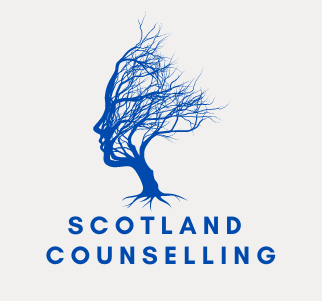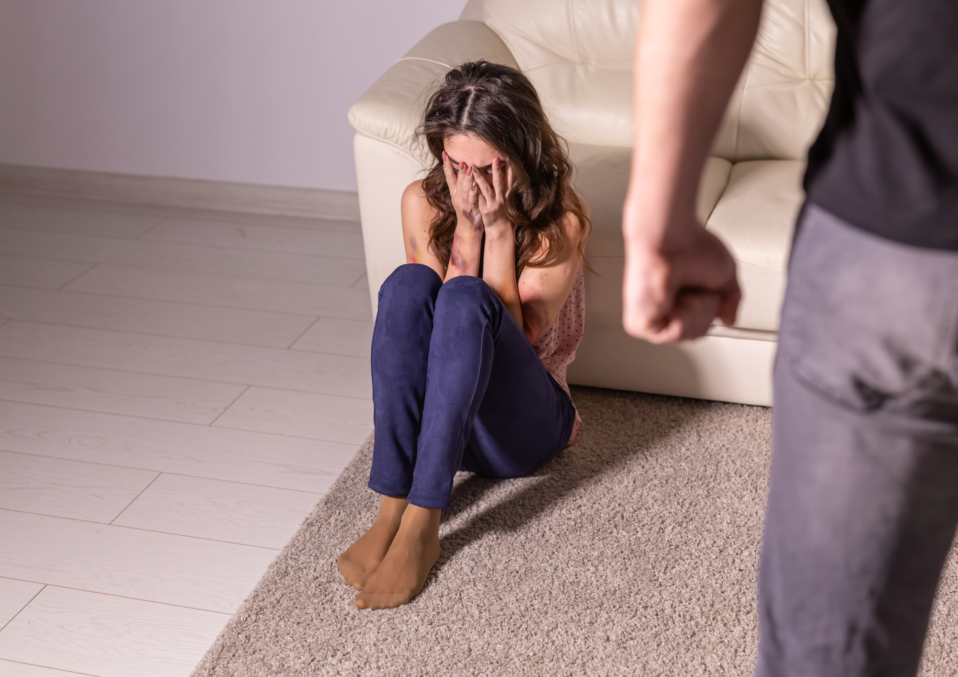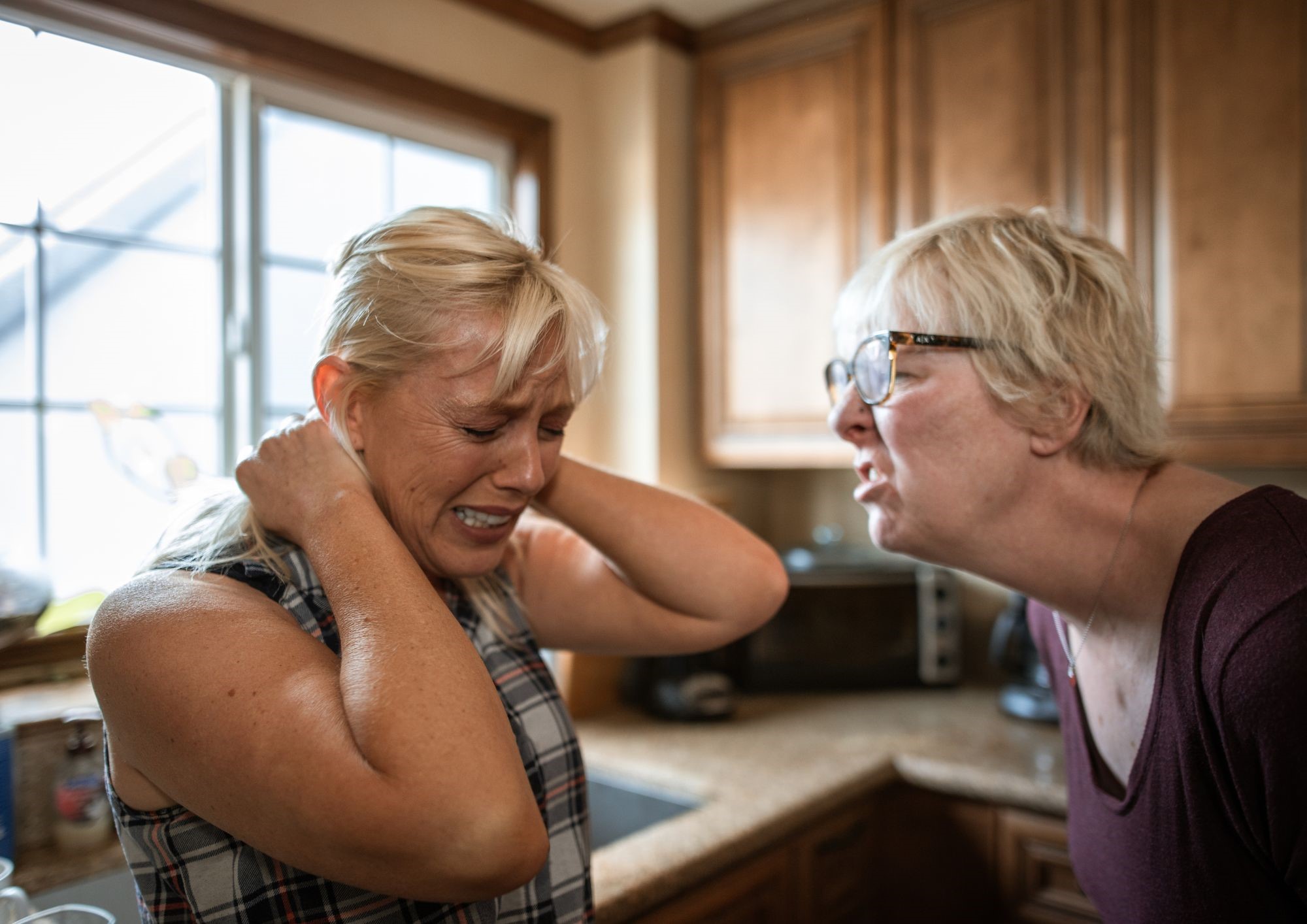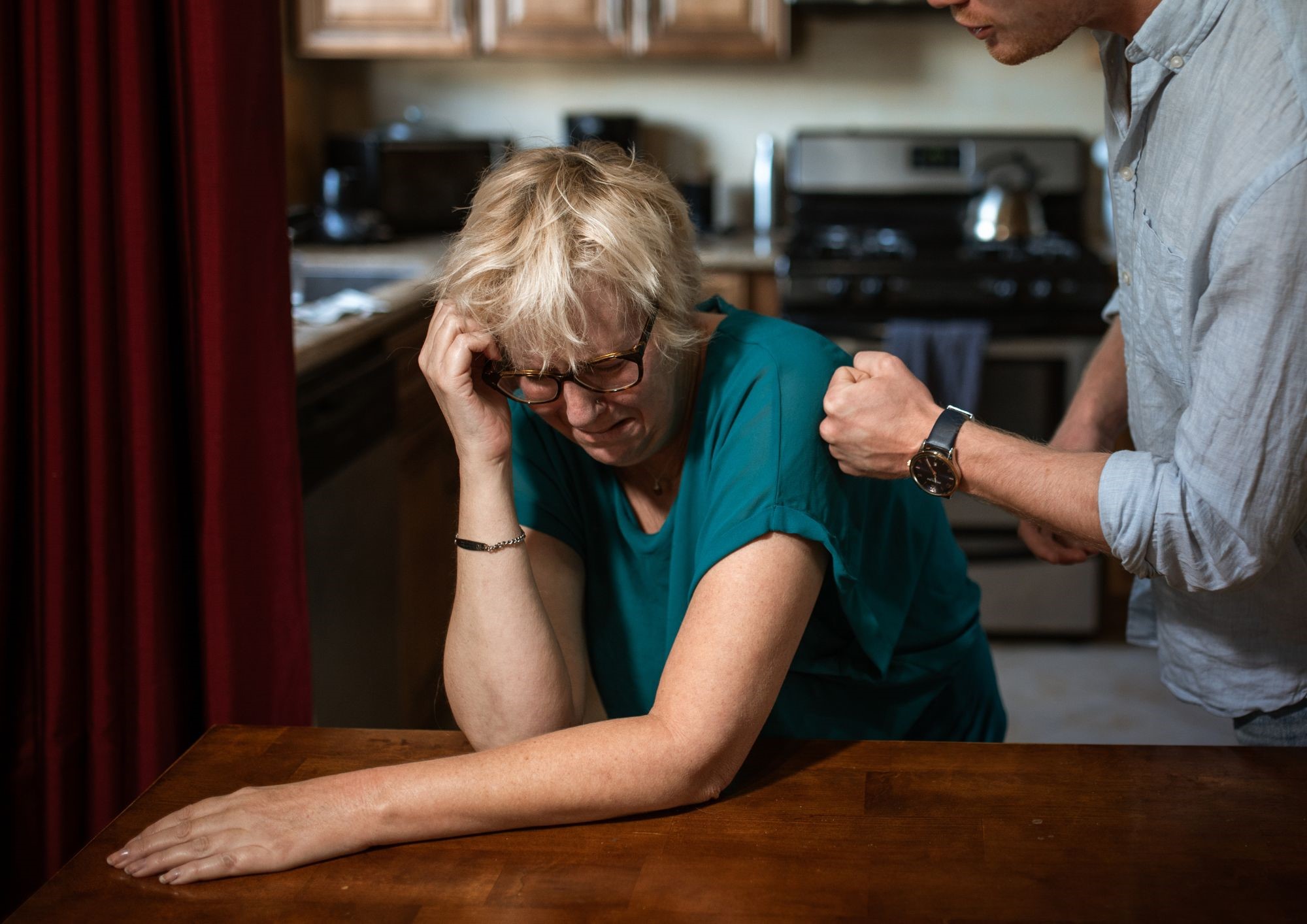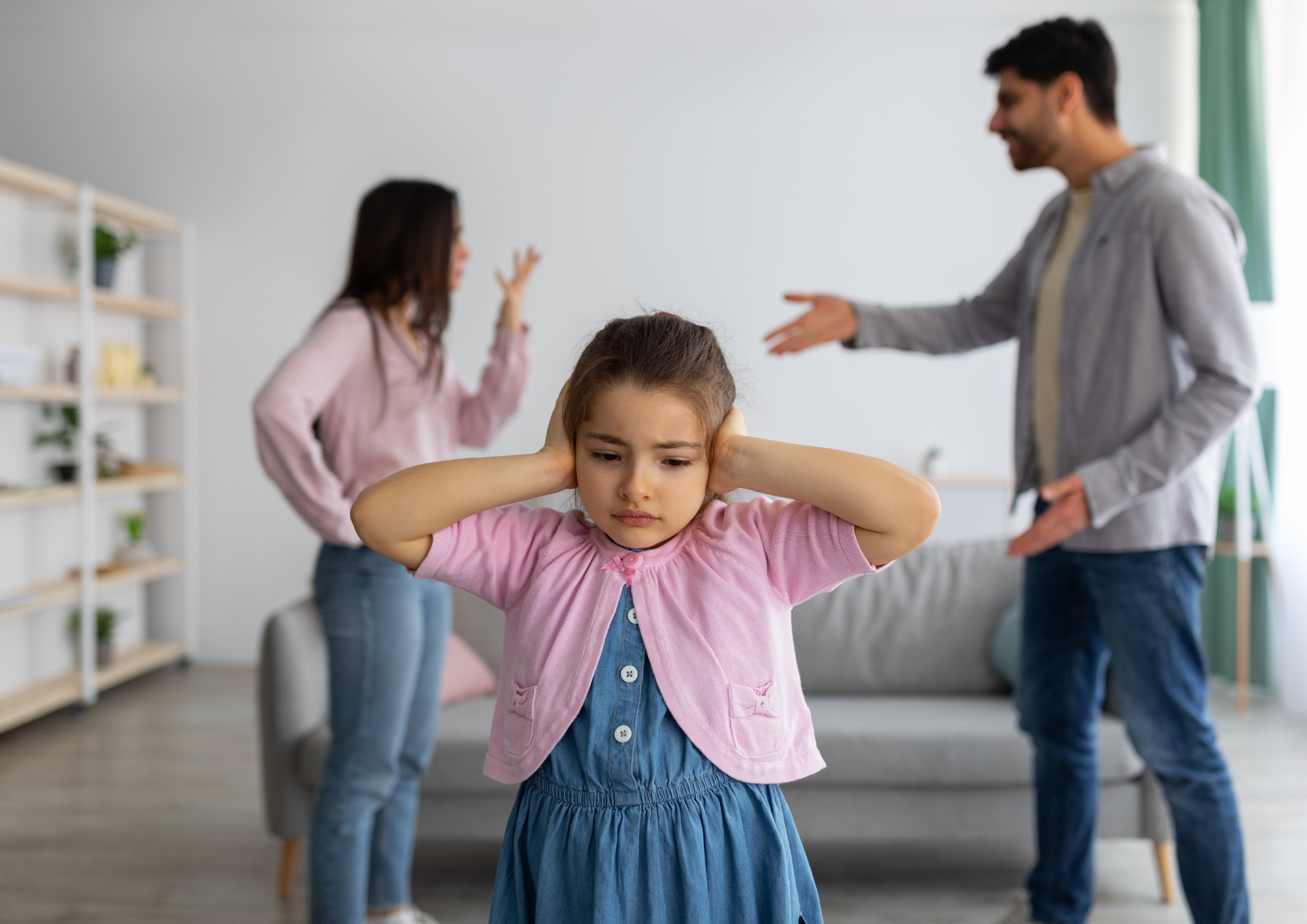Domestic abuse
Domestic abuse is a significant problem in the UK, affecting millions yearly. Here are some key statistics and information on domestic abuse in the UK:
- Prevalence: In England and Wales alone, an estimated 1.6 million women and 786,000 men experienced domestic abuse in the year ending March 2020, according to the Office for National Statistics (ONS).
- Types of abuse: Domestic abuse can take many forms, including physical, sexual, emotional, and financial abuse. It can also include coercive and controlling behaviour.
- Impact on victims: Domestic abuse can have severe and long-lasting consequences on the victim’s mental and physical health, including anxiety, depression, PTSD, and physical injuries.
- Reporting: Many victims of domestic abuse do not report the abuse, often due to fear of retribution, shame, or a lack of trust in the criminal justice system. According to the ONS, only 25% of domestic abuse incidents are reported to the police.
- Support for victims: There are various resources available to support victims of domestic abuse in the UK, including helplines, refuge accommodation, and counselling services. In addition, the UK government has implemented various initiatives to tackle domestic abuse, such as the Domestic Abuse Bill, which strengthens the legal protections for victims.
It’s crucial to recognize the signs of domestic abuse and seek support if you or someone you know is experiencing abuse. No one deserves to be abused, and help is available to break the cycle of abuse and start the healing process.

What is mental, emotional, and psychological abuse?
Mental, emotional, and psychological abuse refers to a behaviour pattern involving manipulating, belittling, and controlling another person, causing emotional and mental harm. Unlike physical abuse, mental, emotional, and psychological abuse may not leave visible marks, making it more challenging to recognize and address.
Examples of mental, emotional, and psychological abuse may include:
- Verbal attacks: Yelling, name-calling, and insulting the victim’s intelligence, appearance, or abilities.
- Gaslighting: Manipulating the victim’s perception of reality, causing them to doubt their memory, perception, and sanity.
- Threats: Threatening to harm the victim or their loved ones, damage their property, or take away their children.
- Isolation: Limiting the victim’s access to social support, controlling their movements, and preventing them from seeing friends or family.
- Control: Monitoring the victim’s phone calls, texts, and social media accounts, making decisions for them, and restricting their independence.
- Humiliation: Criticizing, mocking, or embarrassing the victim in public or private settings.
- Emotional blackmail: Threatening to harm oneself or the victim if they don’t comply with the abuser’s demands.
Mental, emotional, and psychological abuse can have severe and long-lasting consequences on the victim’s mental health, self-esteem, and ability to form healthy relationships. It’s essential to recognize the signs of abuse and seek support to break the cycle of abuse and start the healing process.

Symptoms of mental, emotional, and psychological abuse
Mental, emotional, and psychological abuse can be subtle and challenging to identify. Here are some common signs of abuse that can be helpful to recognize. If you are experiencing abuse, you may be feeling:
- anxious or fearful around the abuser, even if they’re not physically violent
- depressed, hopeless, or helpless
- like you’re walking on eggshells, always trying to avoid triggering the abuser’s anger or aggression
- confused as the abuser often manipulates and gaslights the victim, making them question their memory, perception, and reality
- isolated from friends and family as the abuser continually seeks to control and limit the victim’s access to social support
- low self-esteem as the abuser often belittles, humiliates, and degrades the victim, eroding their confidence and self-worth
You also may experience:
- physical symptoms such as headaches, stomachaches, or other stress-related conditions.
- substance abuse or other self-destructive behaviours to help you cope with the abuse.
It’s important to note that these symptoms can also be caused by other factors, and not all individuals who experience abuse will exhibit these symptoms. If you or someone you know is experiencing any of these symptoms, seeking support from a mental health professional who can guide how to address the situation may be helpful.

How counselling can help to heal from mental, emotional and psychological abuse
Counselling can be an effective tool for healing from mental, emotional, and psychological abuse in several ways:
- Validation and support: A counsellor can provide a safe and non-judgmental space for you to express your feelings and experiences. They can validate your feelings and provide support as you work through the impact of the abuse.
- Coping skills: A counsellor can teach you coping skills to manage the impact of the abuse, such as relaxation techniques, mindfulness, and cognitive-behavioural strategies.
- Rebuilding self-esteem: Abuse can leave individuals feeling worthless and insecure. A counsellor can help you rebuild your self-esteem and confidence, recognizing your worth and strengths.
- Setting healthy boundaries: Abusers often violate boundaries and make individuals feel powerless. A counsellor can help you identify healthy boundaries and learn how to set them to protect yourself.
- Addressing trauma: Mental, emotional, and psychological abuse can result in trauma. A counsellor can help you work through trauma, processing your emotions and experiences in a safe and supportive environment.
- Developing a recovery plan: A counsellor can help you create a recovery plan, identifying steps towards healing and personal growth.
Remember that every individual’s healing journey is unique, and the healing process from mental, emotional, and psychological abuse can take time. A counsellor can help guide you through this process, providing the necessary support and tools to aid your healing.

How to find a counsellor for mental and psychological abuse
If you or someone you know is experiencing mental or psychological abuse, seeking counselling can be a helpful step towards healing and recovery.
Here are some tips on how to find a counsellor who can assist you:
- Look for a qualified counsellor or therapist with experience treating mental and psychological abuse. You can ask for recommendations from friends, family, or healthcare providers or search online for therapists.
- Check the therapist’s credentials, experience, and specialization. Many therapists have websites that provide information on their education, training, and experience.
- Schedule an initial consultation with the therapist to discuss your concerns and goals. This consultation will allow you to ask questions and determine whether the therapist fits you.
- Be honest and open with your therapist about your experiences of mental and psychological abuse. Your therapist can help you develop coping skills, build self-esteem, and develop a recovery plan.
Remember that healing from mental and psychological abuse takes time and effort. Still, with the support of a qualified therapist, you can begin to move forward and regain control of your life.
